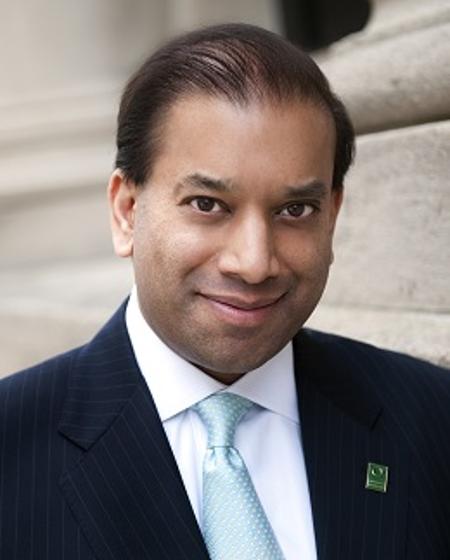What Are Some Solutions to Our Student Debt Crisis?
How do we deal with the $1.5 trillion Americans owe for their educations?


Student debt and college affordability are twin menaces in the United States, both threatening the promise of upward mobility through hard work.
But how do you tackle them? Is it a matter of refinancing loans to make them more affordable? Is it about punishing colleges — state colleges at least — through funding reductions when they raise tuition year after year?
Or, how about this? Sen. Elizabeth Warren, who’s running for president, has a plan that would cancel $50,000 in student debt for every person with a household income under $100,000. And she says it would provide “substantial debt cancellation” for people with a household income between $100,000 and $250,000. Is that the right approach?
How do we deal with the $1.5 trillion Americans owe for their educations?
On Detroit Today, Stephen Henderson speaks with three people who think quite a bit about these questions.
Adam Harris is a staff writer at The Atlantic covering education. He has been covering Sen. Warren’s student debt forgiveness proposal.
Neal P. McCluskey is the director of the Center for Educational Freedom at the Cato Institute. He talks about why he thinks Sen. Warren’s plan is misguided.
Sandy Baruah is president and CEO of the Detroit Regional Chamber, which is leading a debt forgiveness program for students who return to school. Three local institutions of higher education are participating: Wayne State University, Oakland University, and Henry Ford College.
Click on the audio player above to hear those conversation on Detroit Today.
